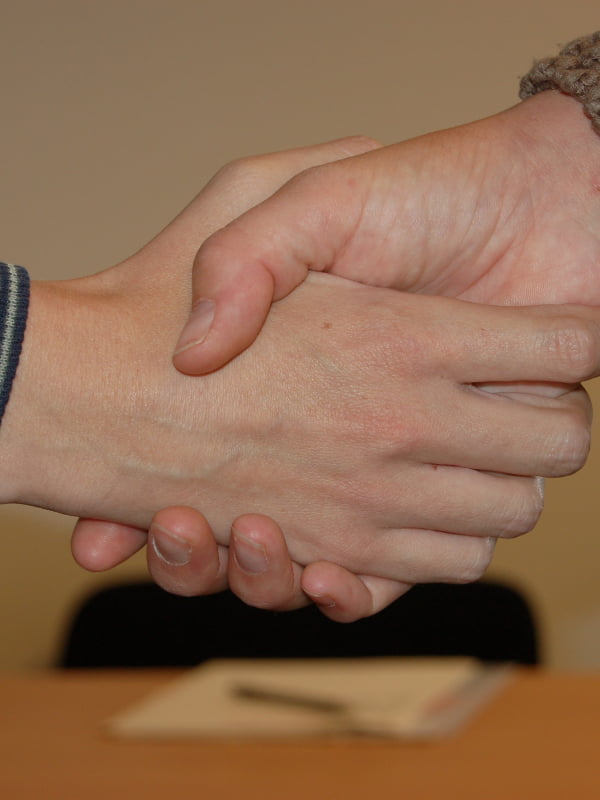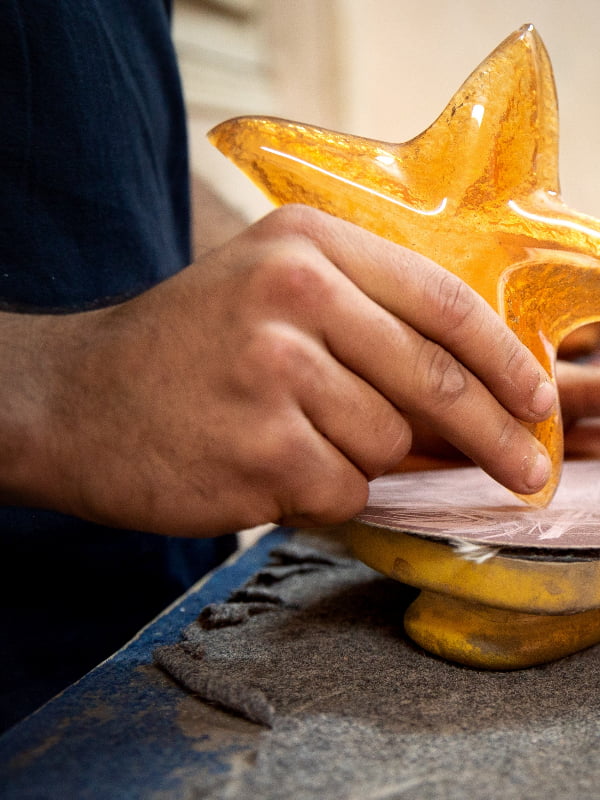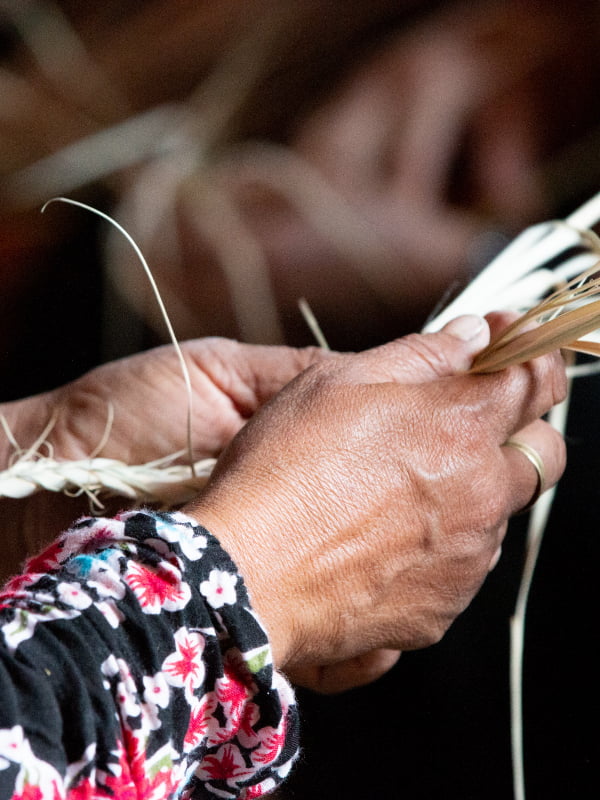Supplementary Protection Certificates
With medicines and crop protection products, usually one cannot profit from full patent protection for the maximum term of 20 years.
Apart from a patent, the producer must also obtain a market authorization from the various authorities to allow him to market his product. This usually takes quite some time because extensive research is carried out into the potential side effects and risks to public health and the environment. A short, effective term of protection is insufficient to recoup investment and therefore discourages technological innovation in these sectors. In view of this, the European Community has introduced legislation providing for two Supplementary Protection Certificates (SPCs): for medicines (Regulation 469/2009), and for crop protection products (Regulation 1610/96).
Applying for SPCs
Businesses, entrepreneurs and private individuals in the medicines and crop protection sector may apply for a supplementary protection certificate for the Netherlands. The certificate protects the active ingredient of a medicine or a crop protection product. This active ingredient must, however, already be protected with a patent valid for the Netherlands.
In addition, a market authorization for marketing the active ingredient in the Netherlands as a medicine or crop protection product must have been obtained. This market authorization must be the first that has been issued for the Netherlands. A supplementary protection certificate can provide an extra 5 years of protection after the patent has expired. Download the application form for the Aanvullend Beschermingscertificaat (ABC) (SPC). The application procedure is in Dutch.
SPC term extension
Some (adult) medication is prescribed to children without having been specifically tested on this population group. Recently new legislation (Regulation 1901/2006) has been introduced by the European Community encouraging the pharmaceutical industry to carry out these extra tests. As an incentive businesses may qualify for a fixed 6-month extension of the duration of their supplementary protection certificate.
TSG, PDO or PGI
In addition to patent rights and breeding rights, there are a number of other ways to protect agricultural products (or foods). These are the Traditional Speciality Guaranteed (TSG, such as mozzarella from Italy), the Protected Designation of Origin (PDO, such as feta cheese from Greece) and the Protected Geographical Indication (PGI, such as Danablu from Denmark). All 3 are regulated at a European level and are free of charge for the applicant.
- Traditional Speciality Guaranteed (TSG)
A TSG concerns the traditional character of the composition of the product or its manner of production. ‘Traditional’ means an unchanged and demonstrated use on the EU market for a period of at least 25 years. - Protected Designation of Origin (PDO)
A PDO is given to agricultural products and foods that are grown, produced and made in a particular geographical area. For a product to obtain a PDO, there must be a link between the quality or the characteristics of the product and the geographical environment. - Protected Geographical Indication (PGI)
A PGI is granted to agricultural products and foods that are grown and/or produced and/or made in a particular geographical area. There must be a link between the nature or fame of the product and its geographical origin.
Questions about patents?
If you need more information on how to apply for a patent in the Netherlands, please contact the public information office.
- Ministry of Economic Affairs



